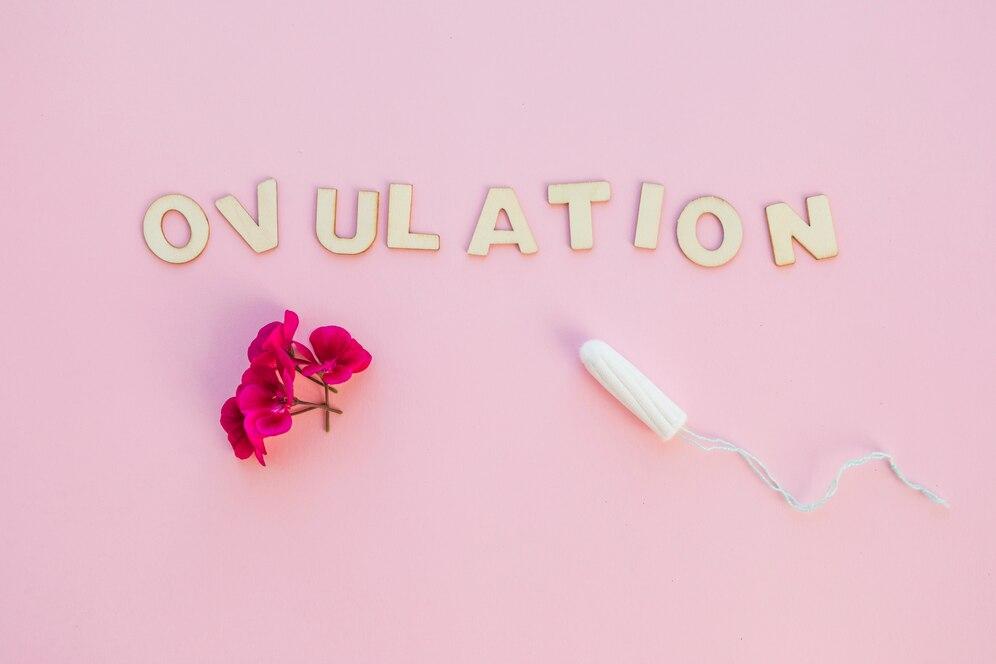However, in recent years, the focus on toxic-free menstrual products has gained significant attention. As awareness grows about the harmful chemicals found in traditional period products, women are increasingly choosing alternatives that are better for their bodies, the environment, and their overall well-being. This article explores the significance of going non toxic during menstruation, the dangers associated with conventional period products.
What Are Toxic-Free Period Products?
Toxic-free period products refer to menstrual items that are made from natural, organic, and non-toxic materials. These products are designed to minimize exposure to harmful chemicals, synthetic fibers, and other irritants often found in conventional menstrual products.
Women’s health organizations highlight that many mainstream products contain substances such as dioxins, bleach, and synthetic fragrances, which can lead to a range of health issues, including skin irritation and hormonal imbalances.
The Plastic Problem: Environmental Impact
Beyond the health risks, traditional menstrual products also have a significant environmental impact. Disposable pads and tampons are made from a blend of plastic, rayon, and other non-biodegradable materials, contributing to millions of tons of waste every year.
As these products take centuries to decompose in landfills, they are one of the major contributors to environmental pollution. Moreover, the production of these products uses harmful chemicals and significant energy, making them a non-sustainable choice for environmentally-conscious individuals.
What is the Role of Pesticides in Cotton Products?
The cotton used in many period products is not organic, meaning it has likely been treated with harmful pesticides and herbicides. These chemicals can be absorbed into the body, potentially contributing to a range of health issues such as endocrine disruption, infertility, and cancer.
By choosing organic cotton or non-toxic alternatives, you can significantly reduce your exposure to these dangerous substances.
Healthier for Your Body
Toxic-free period products are made from natural, organic materials such as organic cotton, bamboo, or hemp, which are free from pesticides, bleach, and artificial fragrances.
By choosing products made from these materials, you can significantly reduce the risk of irritation, allergic reactions, and exposure to harmful chemicals.
Organic cotton is particularly beneficial because it’s grown without the use of harmful pesticides, making it gentler on your skin and reducing the likelihood of inflammation or discomfort during menstruation.
Lowering the Environmental Impact
In addition to their negative effects on human health, conventional menstrual products are environmentally damaging. Switching to biodegradable, organic cotton products significantly reduces waste and pollution.
Brands that offer reusable period products—such as menstrual cups, period underwear, and cloth pads—go even further in reducing environmental impact by eliminating disposable products altogether.
This shift towards sustainability helps decrease landfill waste and minimizes the carbon footprint of menstrual hygiene.
How Natural sanitary pads plays a role in Toxic-Free Menstruation?
Natural sanitary pads are made from organic, non-toxic materials like organic cotton, bamboo, or hemp, which are grown without pesticides or synthetic fertilizers.
Conventional pads often contain chemicals such as chlorine bleach, dioxins, or synthetic fibers like rayon, which can be harmful to both the body and the environment. By using natural materials, these Natural sanitary pads reduce the risk of chemical exposure to sensitive skin and the body.
How Cost-Effective in the Long Run has an effect?
While chemical-free menstrual products may require a higher initial investment, they are often more cost-effective in the long run. Reusable options, such as menstrual cups and period underwear, can last for many years with proper care.
This can significantly reduce the overall cost of menstrual products over time, making
them a more economical choice compared to disposable tampons or pads.
How to Make the Transition to Toxic-Free Menstrual Products?
Start Slow
You don’t have to make the switch all at once. Begin by trying out one or two non toxic products, such as organic cotton tampons or a menstrual cup, and see how they feel.
Do Your Research
Not all products are created equal. Look for certifications like GOTS, OEKO-TEX, and Fair Trade to ensure you are choosing high-quality, ethically produced items.
Experiment with Different Options
Every woman’s body is different, and what works for one person might not work for another. Experiment with different products to find the one that suits your flow, comfort level, and lifestyle.
Improved Vaginal Health
Your vaginal health is influenced by everything that comes into contact with it. Many conventional period products can disrupt your vaginal flora, creating an environment for yeast infections or bacterial vaginosis (BV) to thrive.
Toxic-free period products like organic cotton pads or menstrual cups are less likely to disrupt the natural balance of bacteria and pH in the vagina. They’re also less likely to cause dryness or irritation, which can contribute to discomfort and infections.
Conclusion
Switching to non toxic menstrual products is a simple but powerful way to protect both your health and the environment. By opting for organic, biodegradable, and reusable alternatives, you can eliminate harmful chemicals from your menstrual routine while reducing waste and supporting sustainable practices. With so many options available, it's never been easier to make the transition to a non toxic period.

